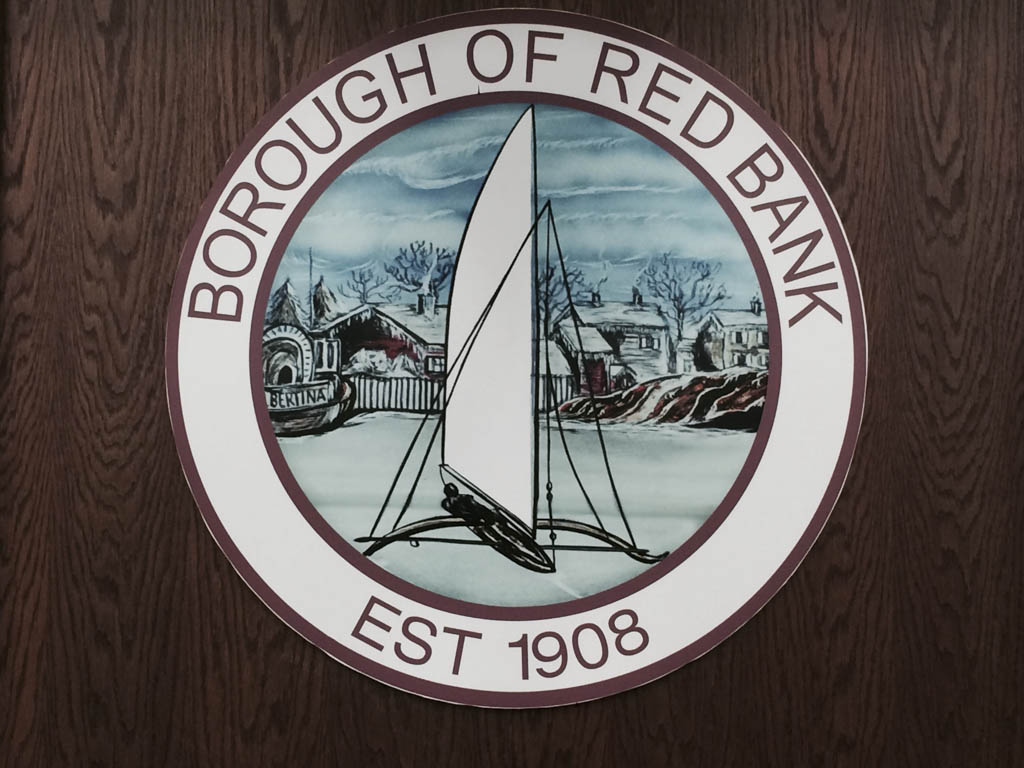By MICHAEL NUNES
Staff Writer
RED BANK– With two ordinances adding up to around four million dollars worth for upgrades to the borough-owned water utility, newly elected Republican council members felt left out to dry by the previous council.
“This was an issue that has been known about since at least early 2015. I’m just curious to why this is being thrown upon the new council in 2016,” Mark Taylor, who took office in January with running mate Michael Whelan, said.
One ordinance slated $1.8 million in funding for an emergency back up well for Chestnut Street with improvements to the water system. The other called for $1.9 million to replace around 4,000 water meters in town.
Linda Schwabenbauer, another Republican on the dais, remarked that it seemed as though the issues of the water meters were purposefully kicked down the road by the last council.
“I am enraged that [Taylor and Whelan] are being asked to vote on these issues now when this has been hanging out here for a year and this has not been talked about. This was deliberately dumped in their laps and now they have to make a decision on this and it is a very unpopular decision,” Schwabenbauer remarked.
Both resolutions were passed unanimously at the Feb 10 borough council meeting, with Taylor and Michael Whelan “reluctantly” voting to approve the new water meters.
Republican Councilwoman Cindy Burnham abstained from the vote on new water meters to avoid a conflict of interest.
According to Borough Administrator Stanley Sickels, both upgrades are necessary.
The borough is in need of a back up well because New Jersey American WATER could no guarantee to deliver one million gallons of water to the town in the event of an emergency, according to Sickels.
“That raised a red flag with [New Jersey Department of Environmental Protection],” Sickels said, which lead the borough to look into the creation of a back up well.
As for the new water meters, the upgrades are necessary, according to Sickels, because the current meters are antiquated and are some are not reading correctly.
“We have some meters that we know are not giving us accurate readings because of their age. It’s acknowledged in the industry… they get less accurate as the year goes by,” he said.
Some meters, Sickels said, are not sending accurate signals, leading to around a 17 percent unaccounted for water flow.
“There are some properties where there is no flow or inaccurate reading and we can’t get in to read them. So what we do is estimate it based on the last flow we had [which] could be four of five years old,” Sickels said, explaining that for some properties, the borough needed to estimate the flow.
“The water system is an asset of the borough… This is a natural resource we get from the aquifer. When there’s droughts, we don’t get water restrictions because we’re drawing from the aquifer as opposed to drawing from surface water. So it’s very much a positive for Red Bank,” Sickels stated.
Some residents opposed the new meters, believing that most meters in the borough are functional and it is unnecessary to replace all of them.
“I am totally opposed to putting out new meters. We have meters that work and are fine…. There’s plenty of alternatives than going out and spend $2 million to fix an issue that could be done at a fraction of that price,” Paul J. Balanikas said, also calling the move “fiscally wrong”
During the meeting Schwabenbauer referenced a memorandum agreement between the borough and NJDEP to remove water restrictions if the borough agrees to install new meters.
“They had asked us to put in place water restrictions, and in order to remove the water restrictions, they said ‘If you install the meters now, we’ll take the restrictions out’,” she said adding that even though it was not the reason for deciding on new meters, it was important for residents to know.

